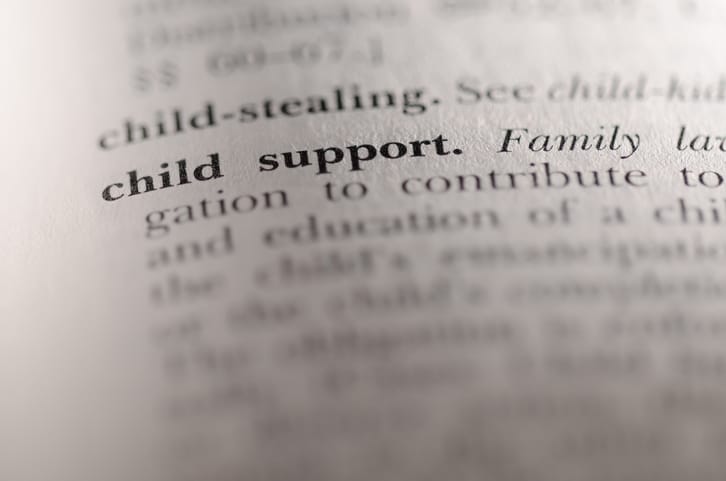If you’re a New Jersey parent preparing for divorce, you may be concerned about how this decision will impact your children. Whether the choice was mutual or not, it’s natural to worry about issues like custody, visitation, and NJ child support.
Seeking guidance from friends or family members who have been through a divorce can provide valuable insights and help you navigate the process with more confidence.

They may be able to tell you what worked or didn’t in their situations. Regarding child support, whether you’ll be the custodial parent using payments to provide for your children’s needs or the non-custodial parent making payments to help care for your kids, it helps to know more about the types of expenses support is meant to cover.
It’s also a good idea to learn more about the system and how it works, especially where you can seek support if a problem arises.
Child Support – Basic Facts You Should Know
As caring parents in New Jersey, you naturally want what’s best for your children. However, in many divorce cases, parents often disagree on what that means.
The judge overseeing your case will make all child support decisions by using state guidelines at his or her discretion to issue a court order with your children’s best interests in mind.
The following list gives a general idea of the types of expenses child support typically covers:
- Mortgage/Rent: As the primary caretaker, you and your children will share the main living space. Financial assistance from child support can be used to cover expenses like mortgage/rent and utilities.
- Groceries: If you have several children, especially teenagers, you may find it quite challenging to fill the pantry when your household no longer includes two incomes. You can apply support payments toward your grocery bill.
- Healthy Living Environment: You can also use the supplemental funds your ex-partner provides for your kids to cover the cost of furniture, toys, books or any other staple item you need to provide a safe and healthy living environment for your children.
- Medical: If any of your children need eyeglasses or have medical expenses of any kind, support monies can help cover the cost.
- Extracurricular (sports, field trips, etc): Even extracurricular activities, fees or supplies may constitute valid child-related expenses, such as field trips at school, sports equipment, dance lessons or camps your children attend during summer months.
What You Can’t Use Child Support For
When you divorce, your individual financial expenses are completely distinct from any financial needs related to your children. In short, you can’t use child support money for costs unrelated to your kids.
Even if you don’t use the full amount of a given support payment in a particular month, you still may not personally use the money for things that aren’t associated with your children’s needs. Misuse of child support money can lead to serious legal problems.
What Age Does Child Support End in NJ?
In New Jersey, child support and medical support obligations typically end when the child reaches the age of 19.
However, it’s important to note that there are certain circumstances where support may continue beyond the age of 19, but it cannot exceed the child’s 23rd birthday.
Can I Ask for More Child Support?
Once the court issues an order, you and your ex-partner must adhere to the terms, even if you don’t like them.
If a situation arises where you believe you should receive a greater amount of support, such as learning that your ex-partner has enjoyed a substantial increase of income, or your children’s needs prompt greater expenses, you can file a petition to request modification of the existing court order.
If your co-parent isn’t making payments on time or at all, you can immediately bring the matter to the court’s attention.
